COVID19
Image
Image
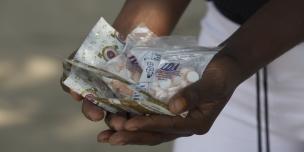
World leaders unite in call for a people’s vaccine against COVID-19
Read more
Image
Image

Vaccinating poorest half of humanity against coronavirus could cost less than four month’s big pharma profits: Oxfam
Read more
Image
Image
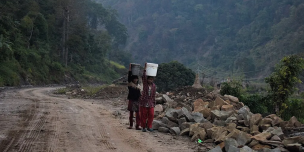
COVID-19: Imminent crisis for riverine communities in South Asia.
Sameer Singh
, Read more
Image
Image
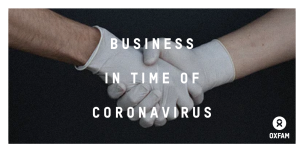
Coronavirus Pandemic and The Role of Private Sector
Tuan Vu
, Read more
Image
Image
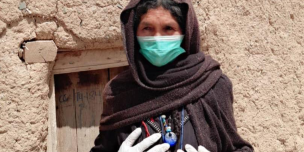
A New Scourge to Afghan Women: COVID-19
Read more
Image
Image
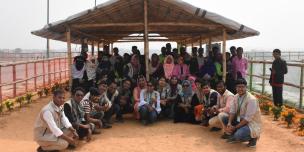
Trust comes first: Strengthening COVID-19 Prevention Mechanism in Rohingya Camps
Dipankar Datta
, Read more
Image
Image
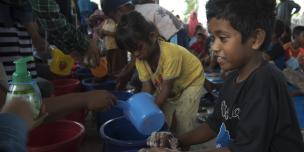
Health spending in poor countries must double immediately to prevent millions of deaths
Read more
Image
Image
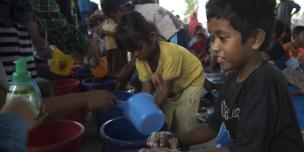
Oxfam's Response to COVID-19
Read more
Image
Image
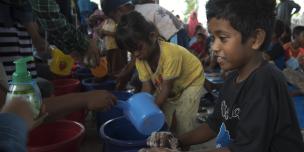
Equitable Measures to Defeat Coronavirus Pandemic
Maria Lauranti
, Read more
Image
Image
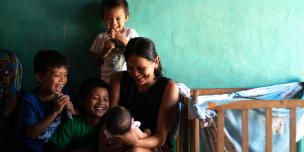
Ideas for a Pro-Poor and Pro-Women Approach to COVID-19
Lan Mercado
, Read more